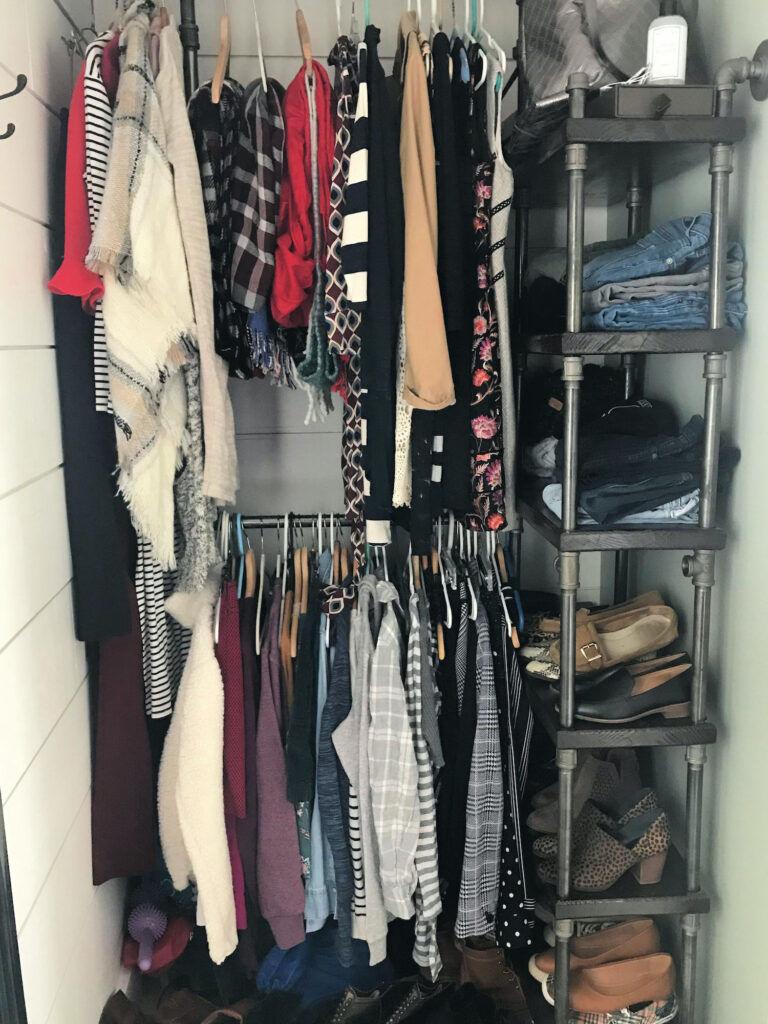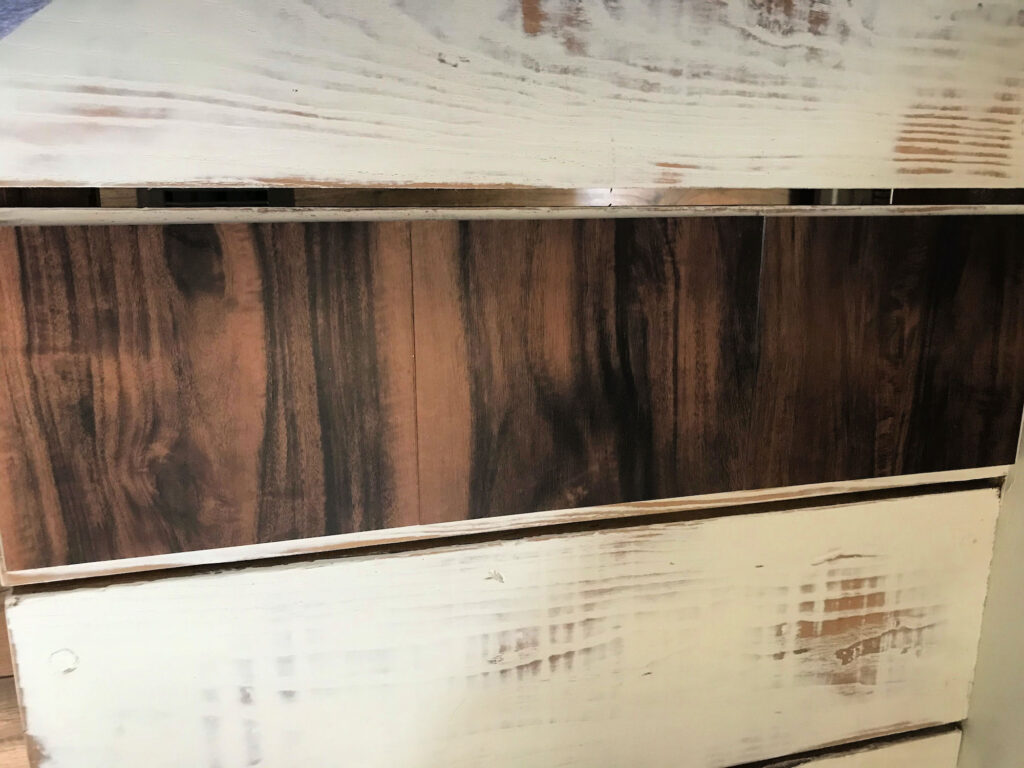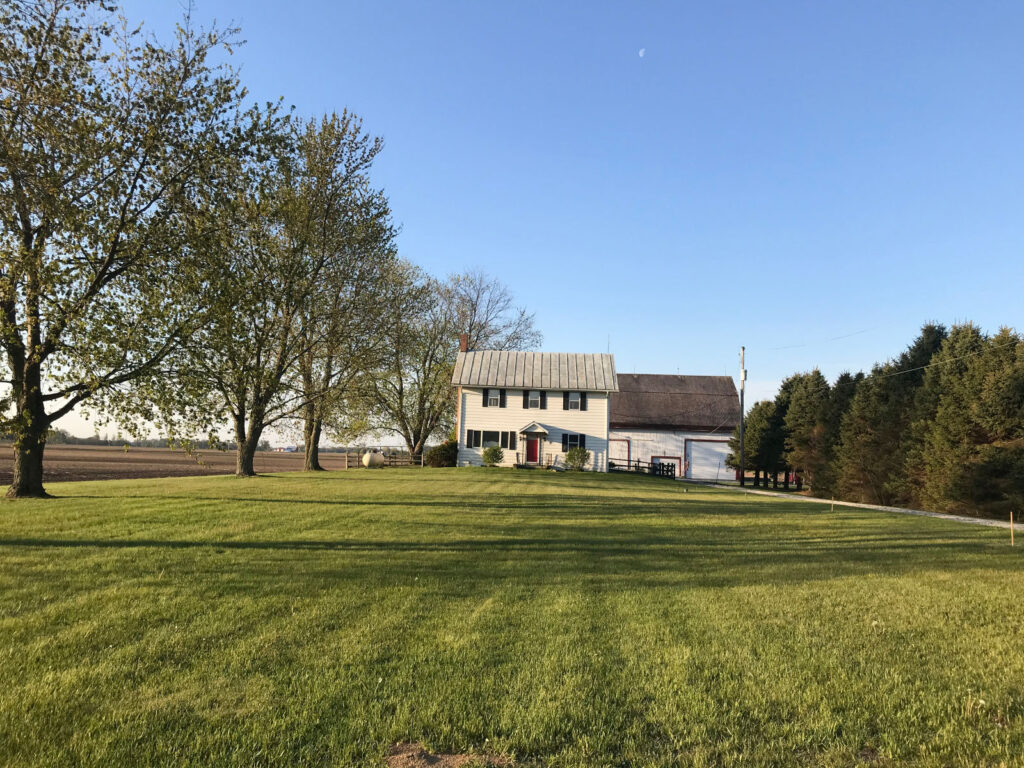Homestead budgeting tips aren’t exactly sexy things to write about. However, when the pandemic hit, I was shocked to read that 63% of Americans, some making over $150,000 a year, were living paycheck to paycheck. That stopped me in my tracks.
When Matt and I got married, we were in our early 20s. We had discussed money at times, but we were guilty of not putting together a formal budget. We paid bills as they came in and saved money here and there. We both had student loans to pay and didn’t want to live in an apartment for long before making the leap to homeownership. Our jobs paid entry-level salaries because that’s what we were, kids fresh out of college with our toes on the lowest ladder rung. A few years later, we were expecting our first child and finally felt ready to start our home search. Looking back, I don’t think there was a more stressful time in our marriage than signing our first mortgage papers, just weeks before our first daughter was born.
Fast forward to today, and we have certainly learned a lot about budgeting and saving money for our homestead remodeling projects.
Not all of it has come easily, but most lessons worth learning don’t. We’re not here to preach, because we’re not financial experts. Our mindset today isn’t rocket science, it’s just steeped in common sense and that d-word that’s so hard to master. Here’s what we know and keep in mind as we’re living our modern homestead adventure.
Shout Out To My Parents
First, I have to say I’m grateful to my parents for providing a great example, and I think this is key. Matt would say the same about his parents. Kids pay a lot more attention to what their parents do than what they’re given credit for. My parents always tried their best to teach me and my siblings how to save money. They cut coupons and shopped sales. They never had a credit card and somehow managed to send five kids to Catholic school, which was NOT cheap.
Unfortunately, personal finance is not a course that’s mandatory in high school today, but it should be! Instead, teenagers are sent off into the work world or college upon high school graduation knowing very little about finances. Heck, many don’t even know how to do laundry! And it’s so easy to fall into the trap of racking up big credit card charges when you’re a young person set free in the world.
Learn To Budget Your Money
Matt and I are fans of Dave Ramsey and his book, The Total Money Makeover. We don’t follow it verbatim but we embrace his common sense approach to taking control of your money. One of the things we discovered as we drafted our homesteading budget was how much we underestimated our spending. People who don’t set up budgets may think they don’t need to. Perhaps they feel as long as they pay their bills on time, they’re good. However, once you’re keeping tabs on what you spend on paper or through software like Quickbooks, it’s eye-opening to list every single thing you spend money on during a given month. Once you do that, you’ll also have a better sense of where you can cut some costs, or where you need to allocate more dollars. And I would argue that everyone and anyone can cut costs if necessary. Setting and following a budget puts your balances front and center, but it also helps you set savings goals, too.
Just Say No
That d-word to master is discipline, and it’s most likely the hardest thing for most to learn. From losing weight to conquering your bad habits, without it, you’re going to struggle. I really liked to shop, and I had a chock full closet to prove it.

It’s hard to say no when temptation strikes. Matt and I are not immune to wanting things, but we’ve learned to curb the desire to impulse buy. Instead, we ask ourselves questions first. Will it make our lives easier? Will it solve a problem? Can we pay for it right now? As fixer-uppers, we have farmhouse project goals and the projects are not cheap. Staying focused on our future keeps us from going off the rails in the present. Want to know what feels good? Walking away from temptation empty-handed, whether that’s in Nordstrom, or yes, even Tractor Supply. That’s the start of money discipline and once you master it, saying no to impulse purchases is the best feeling ever.
Expect The Unexpected
This is one of those homestead budgeting tips we know to be true. Life throws all of us curveballs at times, and always with expenses you never saw coming your way. These are the things you don’t budget for, but that doesn’t mean you shouldn’t prepare for them anyway. For example, Matt and I were in our very first house just over seven months when the furnace decided to die, on Christmas Eve no less! We had a 6-month-old baby and we were not prepared for that whopping expense.

If your car broke down or needed new tires, would you be able to pay for those expenses? If you had to go to the hospital, do you know how much your insurance deductible is, and are you prepared to pay it? Start that emergency fund now so you’re not in a bad situation when “life” strikes.
Stay Out Of Harm’s Way
Staying focused and out of harm’s way is one of our more essential homestead budgeting tips. I like pretty, shiny things as much as the next girl, but our priority projects this year are finishing our front porch and getting our new floors in.

Some of the things I would love to buy are just not in the cards this year. Matt would love to pull the trigger on a few new tools. We could tell ourselves we deserve it. But, if we made the choice to buy them anyway, we would have to say no to the porch this year. And we definitely don’t want to kill the idea of sitting out there on rocking chairs this summer. Staying busy with our projects and keeping our eyes on our goals helps to steer clear of big spending temptations.
Start Saving
Saving money also takes discipline but it’s the most important of all of our homestead budgeting tips. My dad always advised me to put fifteen percent of my paycheck, no matter what that paycheck amount was, in savings. That’s not a huge percentage, but it adds up over time. When the company I worked for offered an HSA, I took advantage of that too. Putting money into that account automatically meant that when our girls needed things like dentist appointments with x-rays, the money was there. Saving money just feels good. Start now!
Know Your Limits And Make Them Known
Speaking of kids, every new and ambitious parent has dreams for their kids. Ours applied to universities both in and out of state. Matt and I were very clear that we would only help them with tuition so much. Matt and I paid for our student loans ourselves, not our parents. We were not willing to go into big debt for our kids either. If they wanted to go to an out-of-state school, they would need scholarships and loans. We invested money in 529s when they were babies and had paid into them regularly. That was a really good decision. However, college costs skyrocketed beyond what we ever planned for. And they continue to skyrocket today.
Both of our girls worked hard in school. They were smart and applied for, and won scholarships. Our oldest daughter graduated from OSU last year with no debt. She applied for internships in engineering while she was in school, worked her butt off, and paid off her loans before graduation. She was also able to buy her first, nearly new car with cash shortly after graduation.

Our youngest is graduating in a few months and will also be in a good financial place.

Our kids weren’t scarred for life for passing up an out-of-state, elite school education. And we don’t feel the least bit guilty for making our decision to draw a financial line. Everyone wants to help their kids out. As tough as it is, you don’t need to be a martyr, though. Our kids learned valuable lessons about saving money by being responsible for paying for parts of their education themselves.
No Plastic Balances
Did you know nearly 70% of Americans today have less than $1,000 stashed away? No wonder money anxiety is so high! Our grandmothers and great grandmothers would be appalled considering how they all scrimped and saved to make ends meet. Did their struggles teach us nothing? It’s more likely that the quick availability of credit cards has given people a license to spend without much thought. And, unfortunately, the extra money from payday that could be saved goes to paying down debt instead. Matt and I have credit cards, but we also have a strict rule today. Anything spent with a credit card HAS to be paid in full when the statement comes. No balances allowed. If that doesn’t put the kibosh on spending, I don’t know what will. This was the hardest of our homestead budgeting tips to put into practice!
Quit Caring About The Jones’s

Call it the beauty of aging and possibly gaining a little wisdom, but I’ve stopped caring about what others have that I don’t. Although it’s tempting to finance a bunch of purchases, taking it slow and paying as we go provides us financial security. I like nice things, but I like being able to sleep at night more.
How about you? Do you budget your money? When did you start? What are the life lessons you’ve learned when it comes to finances? I’d love to hear from you in the comments!

Great post Angie! I couldn’t agree more with your tips.
Thank you, Karen! It’s tough sometimes, but it’s worth it!